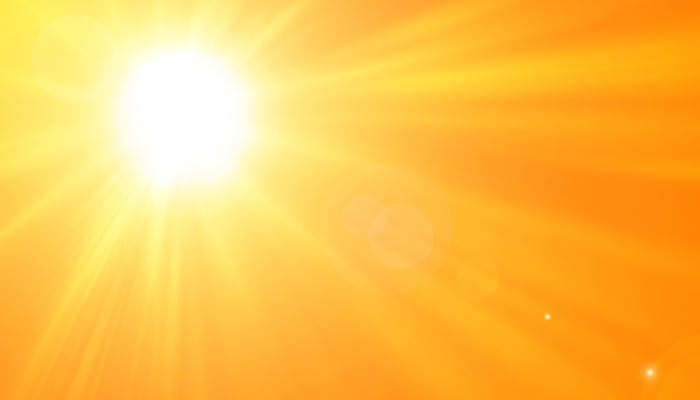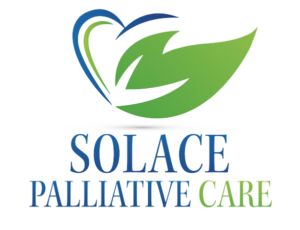
For youth, summer is pure pleasure. As our bodies age, however, we become less able to maintain the physical “inner cool” that safeguards our health. To avoid heat-related health problems for your older relatives this summer, keep these words in mind: water, air, dress, rest.
Signs of too much heat
Sweating is our body’s natural air-conditioning system. When a human body becomes dehydrated, it overheats. The result can include muscle cramps, swollen ankles, dizziness, headaches, exhaustion, and nausea.
Get to the ER right away
If your loved one seems suddenly clumsy or confused, faints, has a fever of 104°, or stops sweating, get to the ER right away. This could be heatstroke.
Key risk factors are:
- Chronic conditions that affect the heart, lungs, or kidneys, and the medications that treat these conditions
- Diuretics, sedatives, and other drugs that reduce the ability to sweat
- Being overweight or underweight
- Alcohol consumption
Key preventives are:
- Many older adults lose their sense of thirst. Try to get your loved one to drink at least eight glasses of fluid a day. Water is best. Consider adding a slice of lemon or cucumber for flavor. Fruit juice is a good second. Avoid caffeine, alcohol and sugary drinks.
- Let cool air in at night by opening windows. During the heat of the day, keep the windows closed and blinds drawn. During an extreme heat spell, ensure your loved one spends at least two hours each day in an air-conditioned environment.
- Wear loose, light-colored clothing and a broad-brimmed hat if outdoors. Natural-fiber clothing (cotton, for instance) will breathe better than synthetics.
- Avoid physical exertion in the heat. Do errands and activities with your family member early and late in the day. Suggest a nap or cooling bath in the afternoon.
Research also suggests that older adults in extreme temperature conditions should monitor their blood pressure more often than usual.

